320 AD Constantine and the Foundations of the Byzantine Church
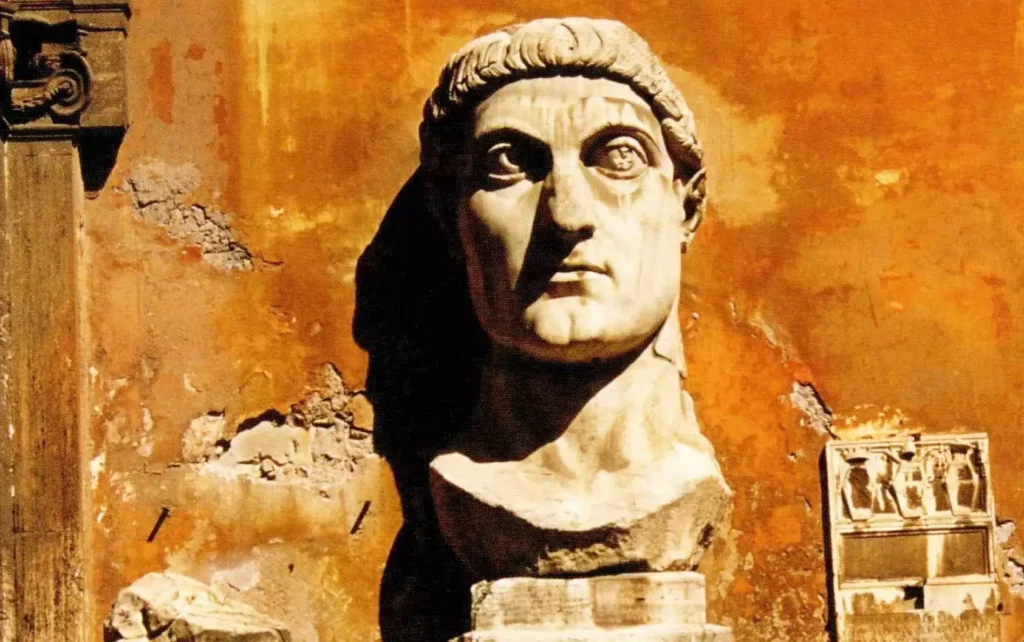
The conversion of Constantine after his victorious vision of the cross marked a pivotal moment for Christianity. His patronage brought the faith into the social mainstream and laid the foundations of the Byzantine Church. The ‘Publication’ of Christian Scripture The emergence of the codex, or modern book form, played a pivotal role in the spread […]
Saint Aristion | Fiery Death for an Unbowed Bishop
Saint Aristion, Bishop of Alexandria, was a devoted follower of Christ who baptized many converts during Roman persecution. Refusing to recant his faith, Aristion was burned alive while singing hymns praising God. His steadfast courage and belief serve as an inspiration for Christians worldwide. Martyrdom by Immolation: Saint Aristion’s Final Stand Born in 2nd century […]
Anthimus the Hieromartyr, Saint
Saint Anthimus was a 4th century Christian bishop and martyr who served in the city of Nicomedia. He lived during the reign of the Roman emperor Diocletian and was persecuted for his Christian faith. Steadfast Leadership Amidst Roman Persecution In the early 4th century AD, Christianity was gaining traction across the Roman Empire, seen as […]
300 AD The Legal Status of Christianity in the Roman Empire
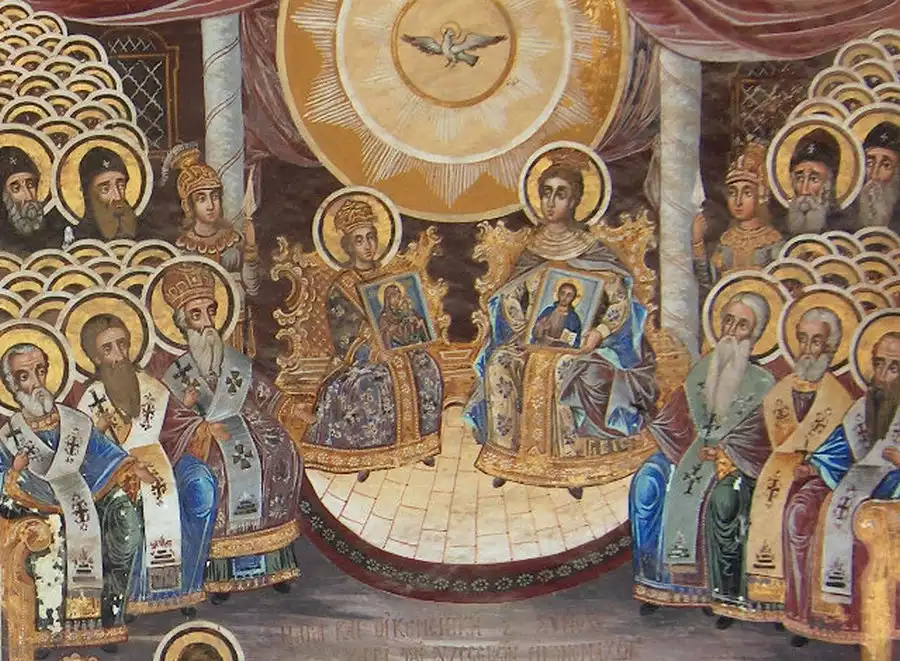
The legal status of Christianity in the Roman Empire during the first three centuries AD is complex. While there was no specific law targeting Christians, persecutions began in the apostolic era under Nero and continued intermittently until the early 4th century. Initially viewed as a Jewish sect, Christians were exempt from requirements to participate in […]
Indiction: Bridging Past and Present in Faith and Time
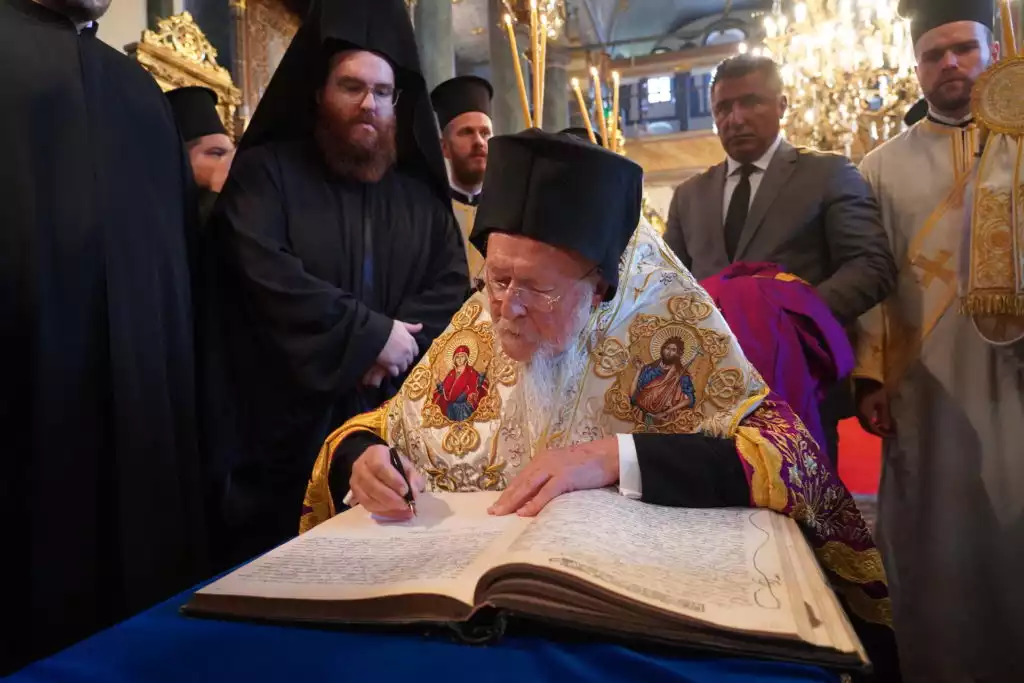
From the ancient Roman Empire to the Byzantine era, the concept of ‘Indiction‘ has played a pivotal role in shaping both temporal and spiritual realms. This 15-year astronomical cycle, initially a cornerstone of Roman tax policy, evolved into a significant marker of time within the Christian Church, symbolizing renewal and continuity. The journey of Indiction, […]
070 AD Destruction of the Jewish Temple in Jerusalem
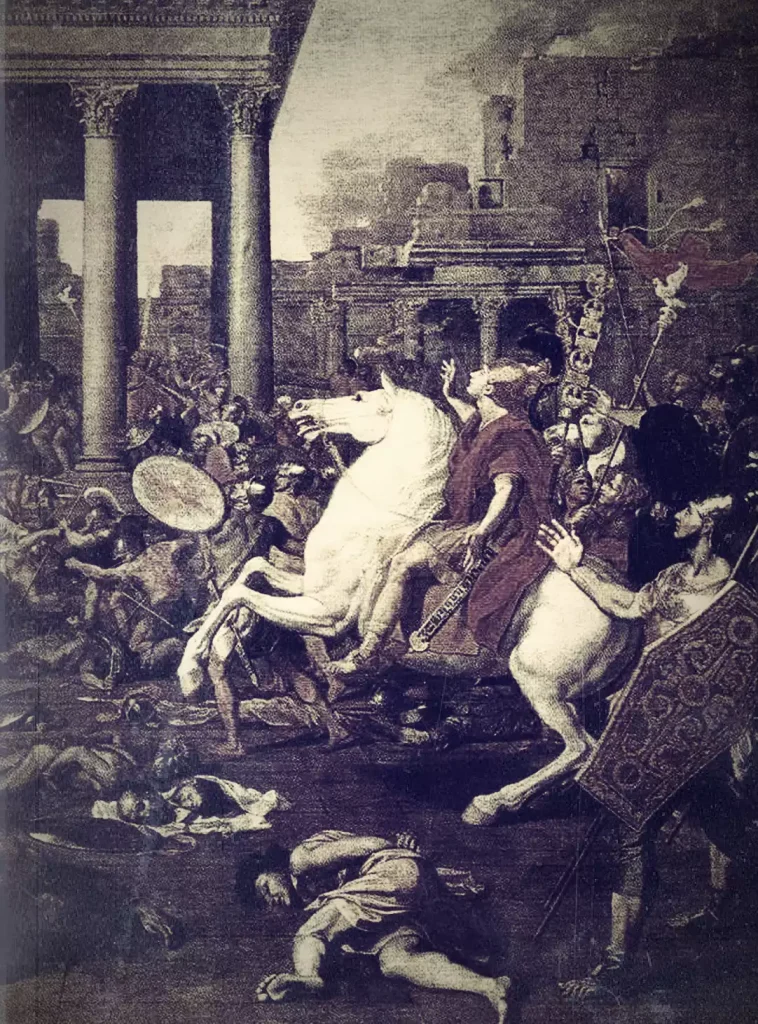
In the year 70 AD, a defining moment in ancient history unfolded with the destruction of the Jewish Temple in Jerusalem. This event, more than just a physical demolition, signified profound shifts in cultural, religious, and historical landscapes, deeply influencing Judeo-Christian heritage. The Siege and Destruction The siege of Jerusalem by the Roman forces, culminating […]
Caesarea | Roman Capital of Judea and Paul’s Imprisonment
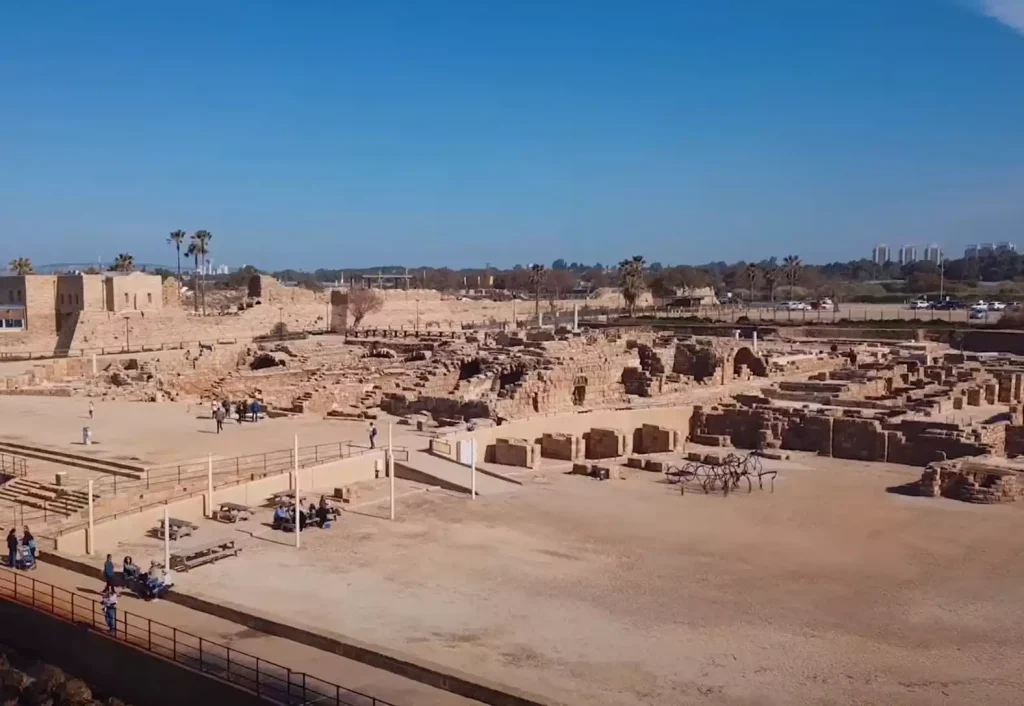
Caesarea, once the Roman capital of Judea, holds a significant place in ancient history. Notably, it was here that the Apostle Paul was imprisoned for two years, a fact that underscores the city’s pivotal role during the Roman era. This coastal city, renowned for its ancient port and magnificent ruins, stands as a testament to […]
284 AD Diocletian divides Roman Empire into Eastern and Western halves | Division of the Roman Empire
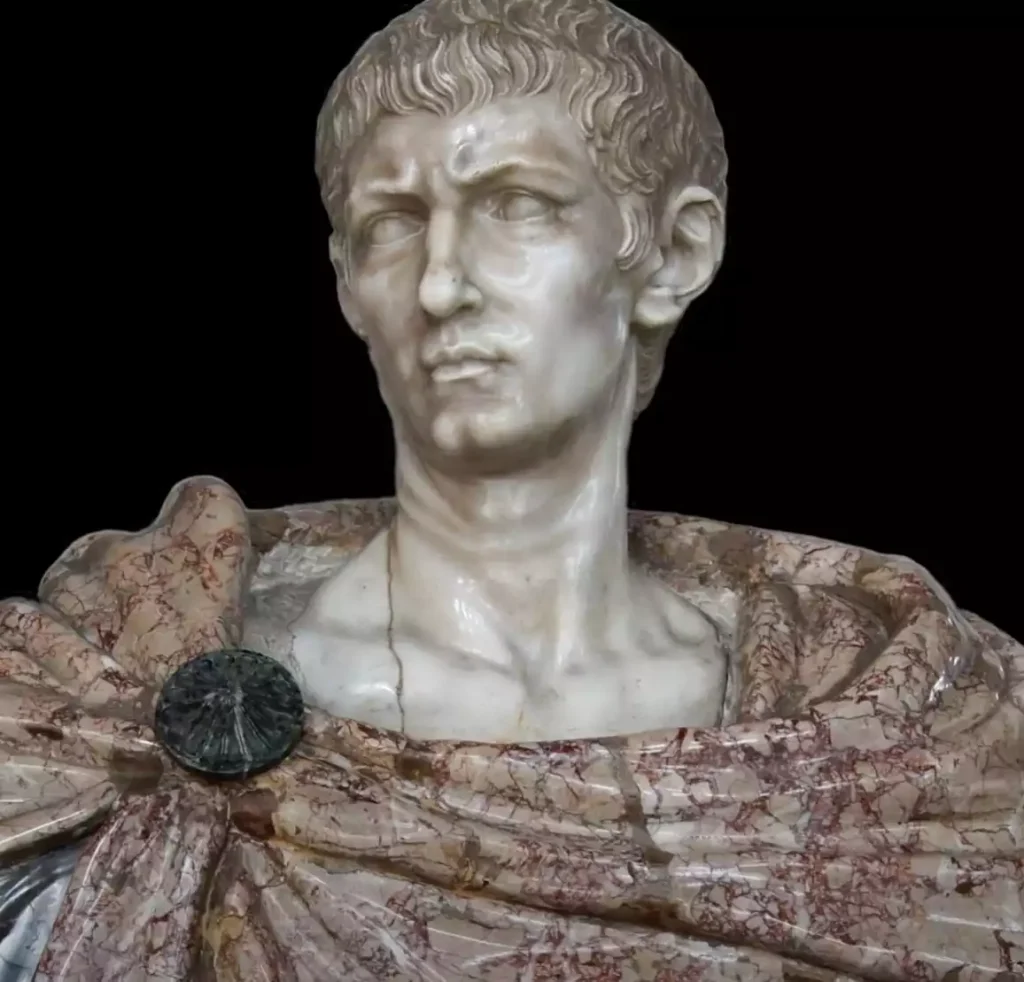
In 284 AD, the Roman Empire witnessed a pivotal transformation under Emperor Diocletian, marking a significant juncture in its history. This period, characterized by the division of the Empire into Eastern and Western halves, heralded a new administrative structure that profoundly influenced the course of Roman governance and legacy. This article delves into the intricacies […]
Liberius, Pope | Involvement in Arian Controversy
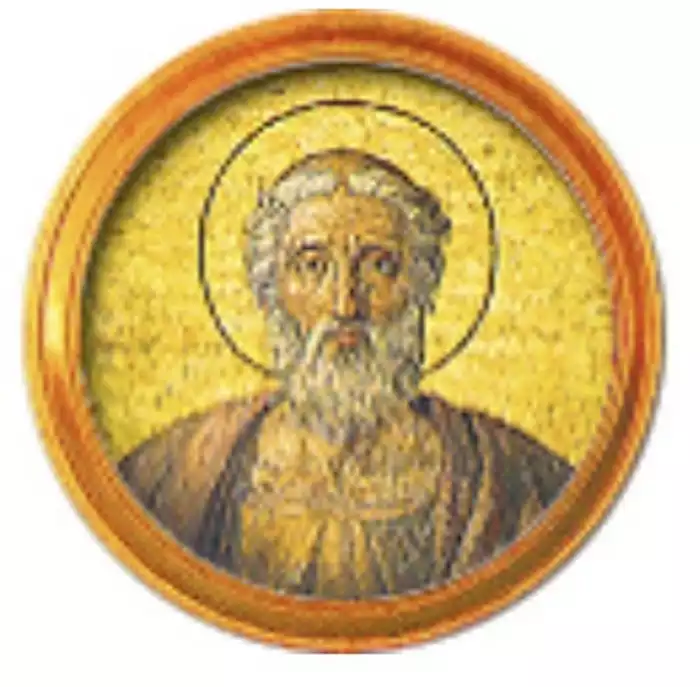
Pope Liberius, born circa 310 and deceased in 366 AD, led the Roman Church from 352 AD, during a time rife with doctrinal tumult, notably the Arian controversy. His tenure is marked by his staunch defense of the Nicene Creed amidst the challenges posed by Arianism, a theological dispute that questioned the divinity of Jesus […]
250 AD Persecution under Emperor Decius
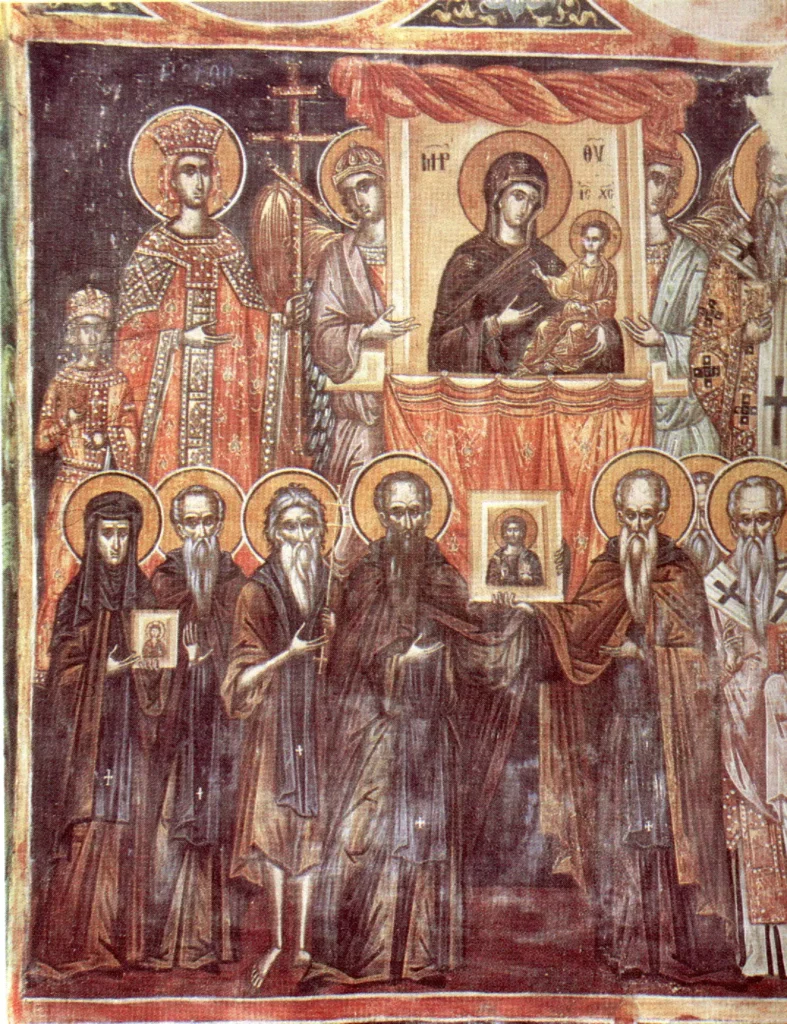
In the turbulent milieu of 250 AD, the Roman Empire witnessed an unprecedented religious upheaval under Emperor Decius. His edicts instigated a severe persecution of Christians, a pivotal moment in the early Church’s history. Decius, born circa 201 AD and deceased in 251 AD, aimed to restore traditional Roman values and religious practices, inadvertently […]
Constantine the Great and Saint Helen
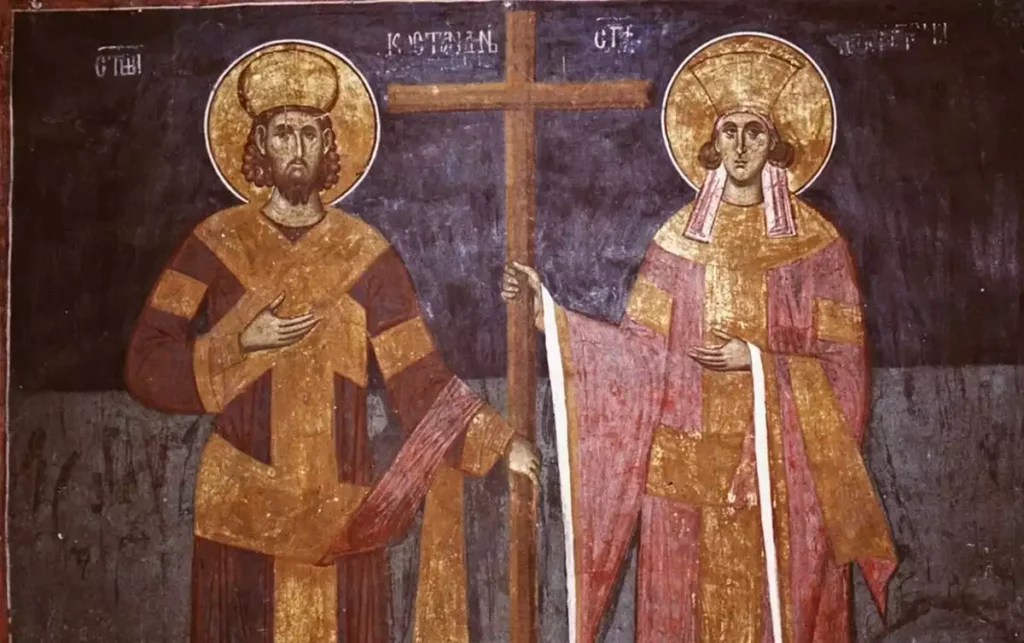
Saint Constantine the Great, born on 27 February c. 272 AD and passing on 22 May 337 AD, and his mother, Saint Helen, born c. 250 AD and deceased c. 330 AD, are pivotal figures in Christian history. Their contributions to the spread of Christianity and the shaping of the early Christian church are profound […]
Publius | The Biblical Figure of Hospitality in Malta
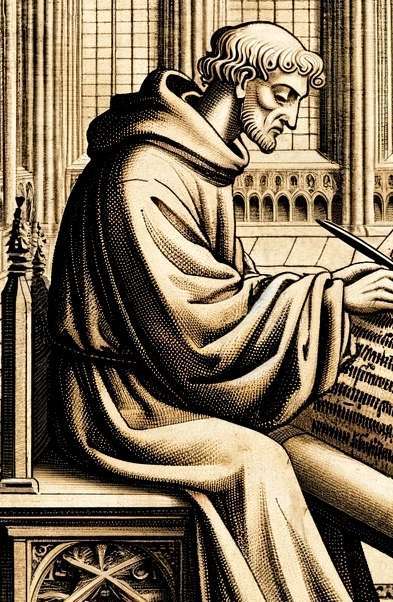
Publius, a prominent figure in the biblical narrative of Acts, played a crucial role during the Apostle Paul’s shipwreck on Malta. Publius’ legacy as the chief official of Malta is well-documented in the Christian scriptures, specifically in the Acts of the Apostles. His act of hospitality towards Paul and his companions marks a significant episode […]
Victorinus, Saint | Early Christian Theologian and Martyr
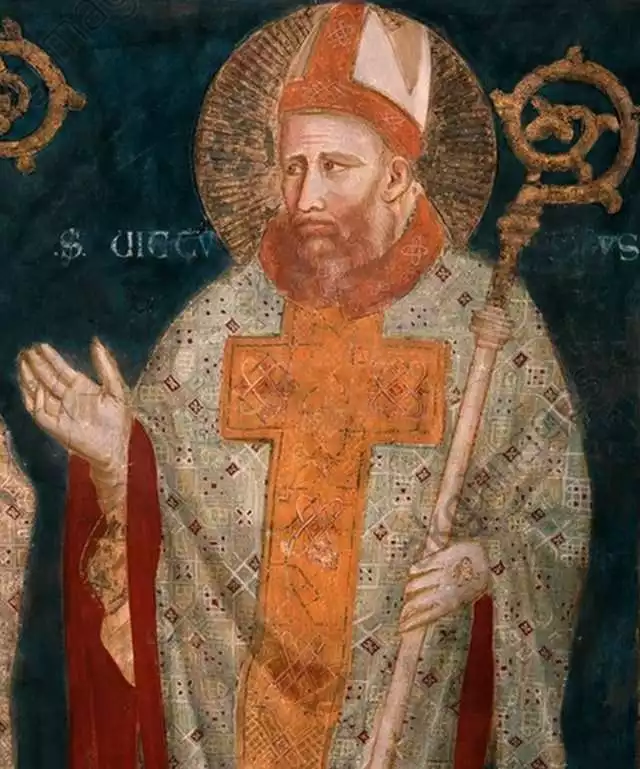
Saint Victorinus, a pivotal figure in early Christian theology, lived during the tumultuous era of the late 3rd and early 4th centuries. His contributions to Christian thought, particularly in the realm of eschatology, have left a lasting impact on the Church. Although the exact dates of his birth and death remain elusive, Saint Victorinus is […]
Ambrose of Milan, Saint | Influential Early Christian Bishop
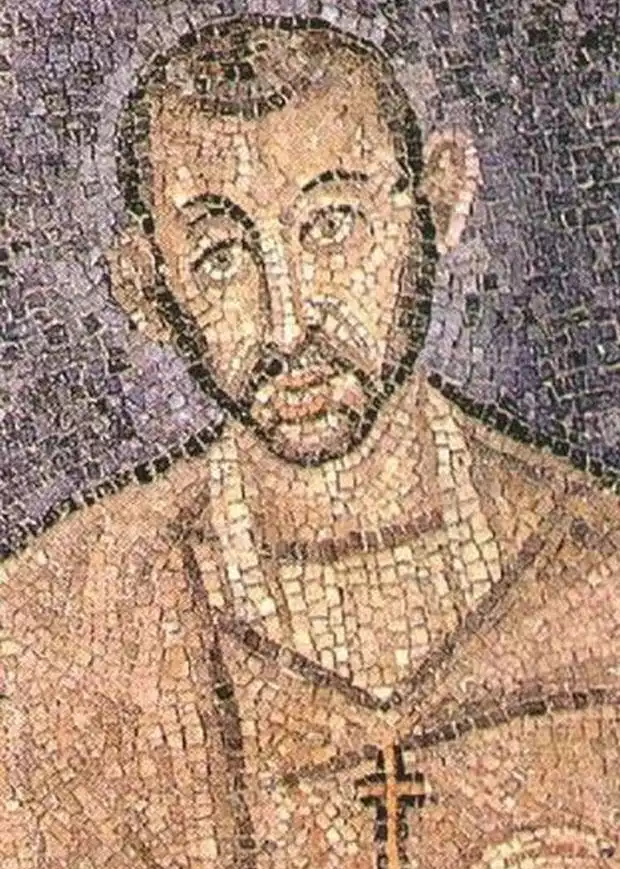
Ambrose of Milan, born around 340 AD and passing away in 397 AD, stands as one of the most influential figures in early Christian history. His life and works significantly shaped Christian theology, particularly in the Western Church. As Bishop of Milan, Ambrose was renowned for his eloquent preaching, his staunch stand against Arianism, and […]
